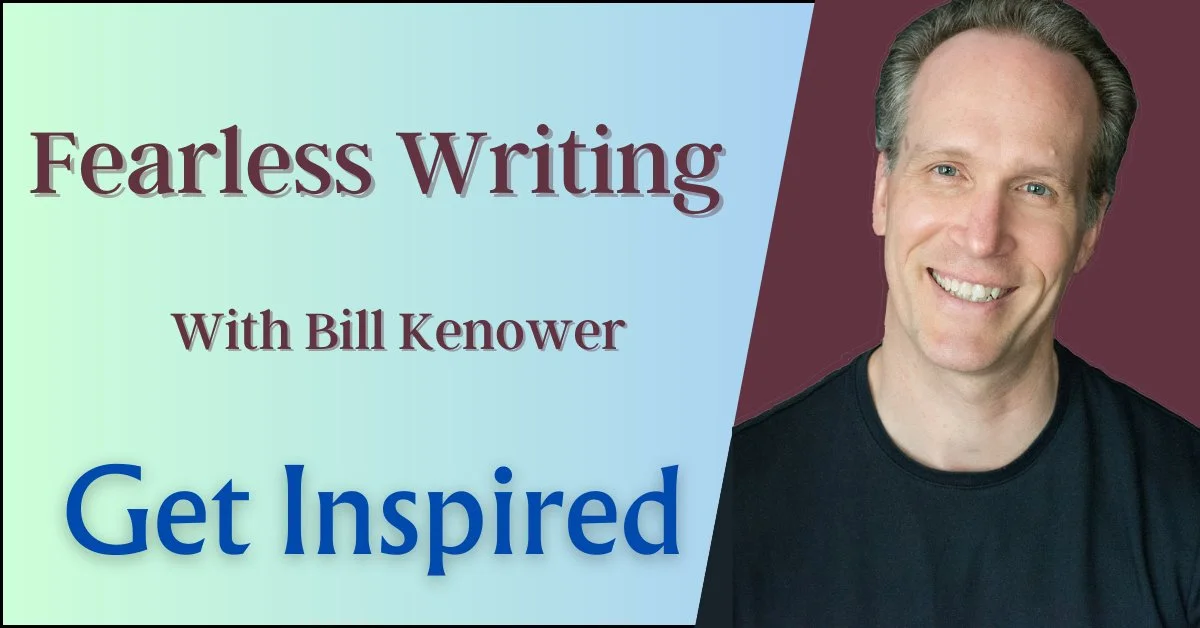Come Back
Once you recognize that you like to write, and that you want to finish what you’ve written and then maybe even publish what you’ve finished, whether you know it or not you’ve also chosen to begin a kind of masterclass in what it means to be present. No real, usable, interesting, original writing occurs until you’re present, until your mind and your focus are entirely in the here and the now with your story. You can’t drift into the past where all your grievances and failures wait to resume the endless conversation about what should or could have been; and you can’t peer into the future, scouting that landscape for enemies, hoping to protect your creations from the vagaries of human opinion.
Fortunately, when I do allow myself to be present, not only do I do my best work, but I also feel my best. I’m relaxed, interested, and patient. What’s more, every time I finish a sentence with which I’m happy, I enjoy a brief moment of satisfying agreement, as what’s outside of me matches what’s inside of me. There is absolutely no such satisfaction in the past or future. Nothing is actually created when my attention leaves the present; the past can’t be changed, and the future always collapses back into its natural state of potential as soon as I drop the puppet strings I held in my mind.
The real masterclass begins, however, when I leave the desk. It’s easier to be present when I’m writing because it’s impossible to do so if my attention is elsewhere. When I’m just living, my attention can be absolutely anywhere and I can still stumble about looking every bit like someone who knows where he’s going. The problem is that if I spend a certain amount of time every day writing and being present and feeling that comfortable, creative, satisfying flow of thought, I start noticing how often I don’t feel that way when I’m wandering around the world doing this and that. I don’t like that difference. I get grumpy. I start blaming people and bad fortune for my discomfort. I wonder what the point of it all is.
When I’m writing and I start feeling this way, I’ve learned that the answer is simple: come back. I’m telling a story and all that happened was I wandered away. It’s obvious because the story is directly in front of me and my attention isn’t. Simple. It’s no different the rest of my day except that there’s a lot directly in front of me that isn’t the story, so to speak. The story, in this case, is my life, which isn’t the stuff I’m surrounded by, nor my plans and worries, my failures and disappointments, but the same curious, creative unfolding I know so well at my desk. It’s always my job to come back, come back to where I am, to myself, so that I might hear and know and be a part of this story as it’s being told.
Check out Fearless Writing with Bill Kenower on YouTube or your favorite podcast app.
Everyone Has What It Takes: A Writer’s Guide to the End of Self-Doubt
You can find William at: williamkenower.com


